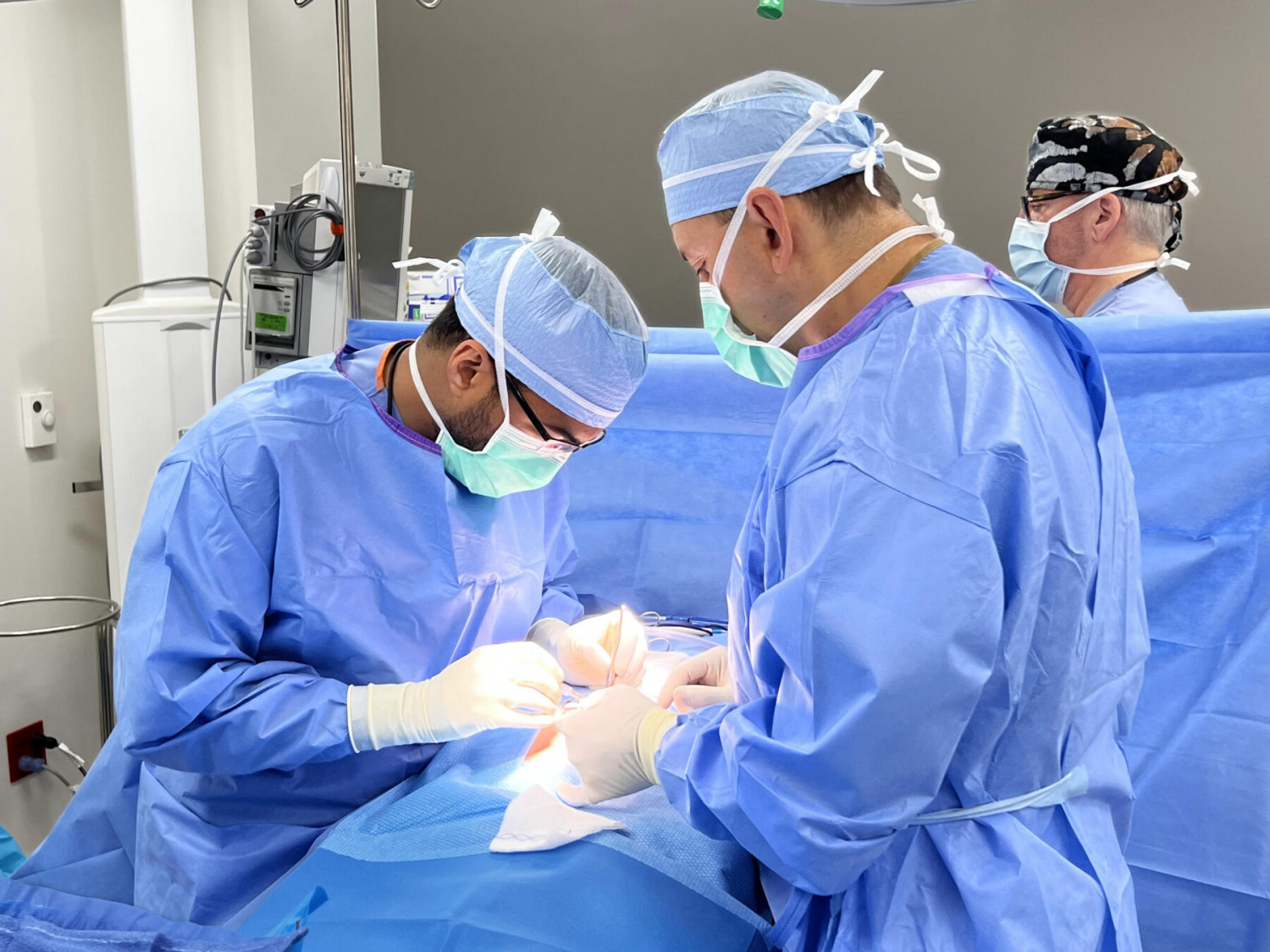

Contact Us
Contact Us!
Phone (952) 368-3800
Fax (952) 368-3801
Location
1447 White Oak Dr, Chaska, MN 55318
Hours
ASC Hours: 6AM - 5PM
Phone Lines Operational: 7AM - 5PM
About
Learn more about our surgery center and our patient resources.
Learn More
Contact Us
Come to us for your hernia or gallbladder surgery.
Reach Out
Anti-Reflux Surgery
We can help treat your heartburn and acid reflux.
Learn More
Testimonials
See what our patients have to say about our services.
Learn More
white wave
blue section
Who are our patients?
If you struggle with GI issues, consider making an appointment at our surgery center. We can help treat:
We'll get your GI procedure in the books ASAP, so you don't have to suffer for long. Contact us now to schedule your appointment.
white wave
Patient Success Stories
Vision & Core Values
Patients
- Safe, dependable and expert care in an environment that is nurturing and supportive
- Service excellence during every interaction with us
- Ongoing communication with the patient's family and an environment that reduces anxiety and instills a sense of confidence in the team
- Affordable care that maximizes value but never compromises our mission
Surgeons
- Knowledgeable and committed staff who deliver timely and expert care
- Top-quality equipment and tools to facilitate the surgical process
- Cutting edge technology and techniques
- Consistently high patient satisfaction scores
- Tighter & more efficient scheduling than a hospital OR can offer
- A model that allows us to pass on cost savings to deliver a high-quality choice at one of the lowest, if not the lowest, costs in our market
- Full-service anesthesia team


